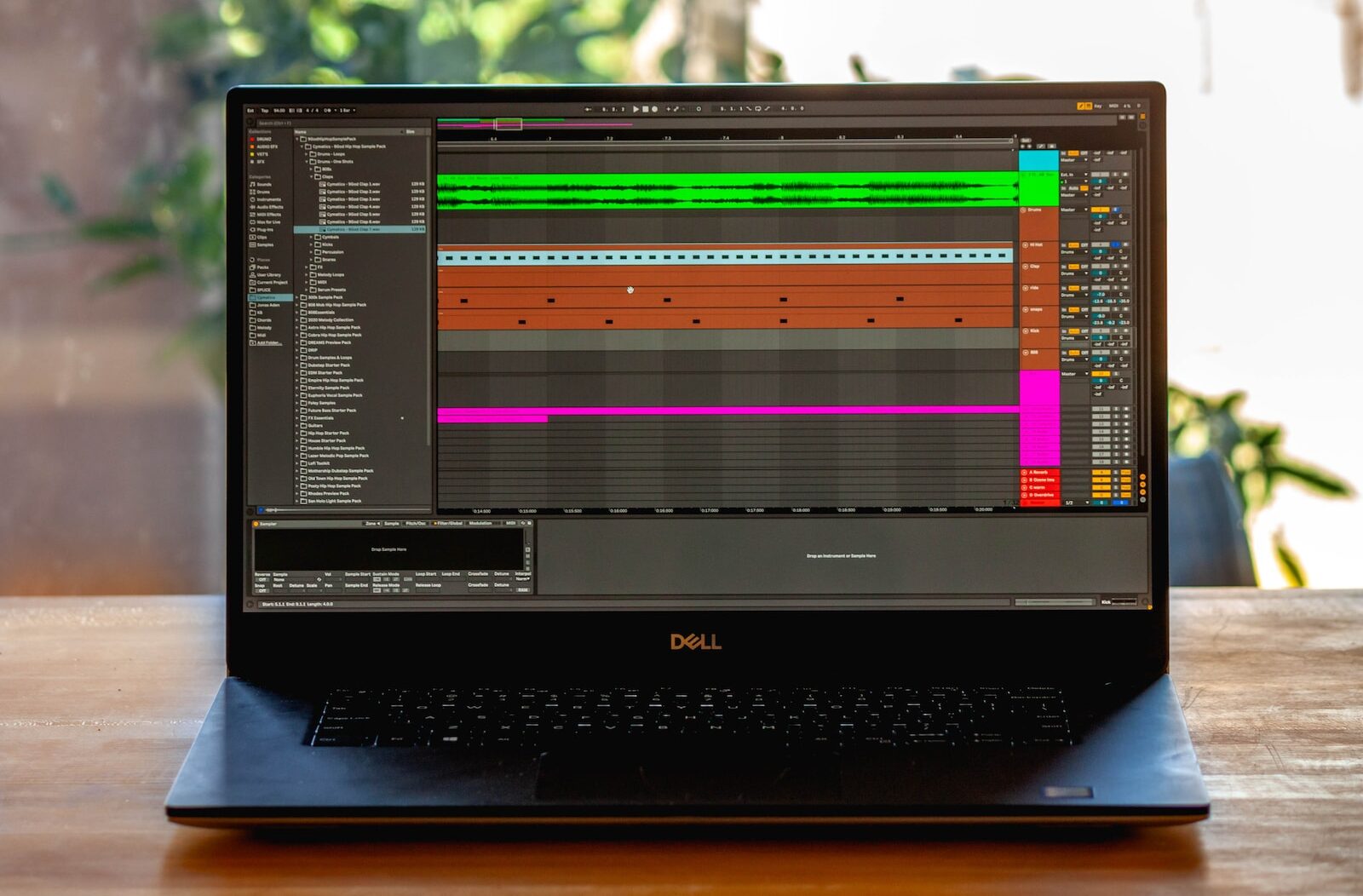
DAW stands for Digital Audio Workstation. It is a software application used for recording, editing, mixing, and producing audio and music on a computer. A DAW typically includes a graphical user interface (GUI), digital audio recording and playback capabilities, and tools for arranging and editing audio and MIDI data.
A DAW can be used to record and edit audio from a variety of sources, including microphones, instruments, and MIDI controllers. It can also be used to import and manipulate pre-recorded audio files and MIDI data. With a DAW, musicians and producers can create and arrange complex musical compositions, edit and mix audio tracks, and add effects and automation to create unique and polished productions.
Some popular DAWs include Ableton Live, Logic Pro, Pro Tools, Cubase, FL Studio, and GarageBand. Each DAW has its own unique features and workflow, but they all share the same basic functionality of allowing users to record, edit, and produce high-quality audio and music.
Each DAW has its own unique features and workflow that make it popular among different types of music producers and engineers. Here’s a brief overview of what some of the most popular DAWs are known for:
- Ableton Live: Ableton Live is a popular DAW used for electronic and live music production. It’s known for its clip-based workflow, which allows users to create and manipulate loops and patterns in real-time. Live also includes a variety of built-in instruments and effects, making it a versatile tool for creating and performing electronic music. Ableton Live was created by the German software company Ableton AG in 2001.
- Logic Pro: Logic Pro is a popular DAW used by many professional recording studios and music producers. It’s known for its advanced MIDI editing capabilities and powerful mixing tools. Logic Pro also includes a variety of virtual instruments and effects, making it a complete solution for music production. Logic Pro was originally developed by Emagic, a German software company, and was later acquired by Apple Inc. in 2002.
- Pro Tools: Pro Tools is a popular DAW used in professional recording studios and post-production facilities. It’s known for its powerful audio editing and mixing capabilities, making it the go-to tool for many engineers and producers. Pro Tools also includes a variety of virtual instruments and effects, as well as features for collaboration and session management. Pro Tools was developed by the American company Avid Technology, formerly known as Digidesign.
- Cubase: Cubase is a popular DAW used for music production and scoring. It’s known for its advanced MIDI editing capabilities and powerful mixing tools, making it a versatile tool for a wide range of musical genres. Cubase also includes a variety of virtual instruments and effects, as well as features for scoring and composition. Cubase was created by the German company Steinberg, which is now a subsidiary of Yamaha Corporation.
- FL Studio: FL Studio is a popular DAW used for electronic music production. It’s known for its easy-to-use interface and step sequencer, making it a popular choice for beat-making and loop-based composition. FL Studio also includes a variety of virtual instruments and effects, making it a complete solution for electronic music production. FL Studio (formerly known as FruityLoops) was created by the Belgian company Image-Line.
- GarageBand: GarageBand is a free DAW for Mac users, making it a popular choice for beginners and hobbyists. It’s known for its easy-to-use interface and built-in virtual instruments and effects, making it a complete solution for recording and producing music on a budget. GarageBand was developed by Apple Inc. and is included for free on all Mac computers.
Overall, DAWs are an essential tool for modern music production, allowing musicians and producers to create and edit professional-quality music on a computer. They have revolutionized the way music is produced and have opened up new opportunities for creative expression and collaboration in the music industry.











































































































